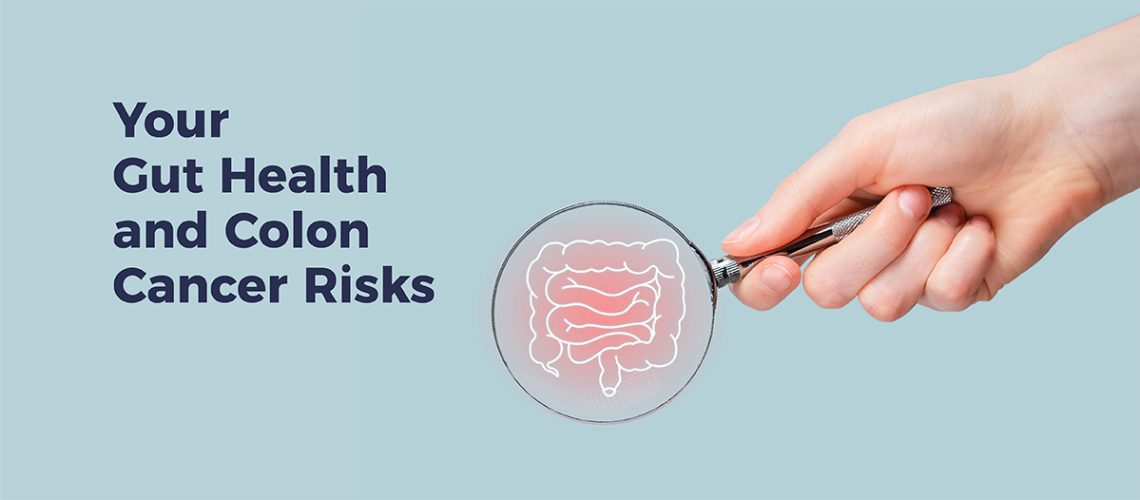Digest This
Click on the topics below to learn how probiotics can improve your digestive health, naturally.

Your Gut Health and Colon Cancer Risks
- @drHoberman
- Digestive Health, Disease
Your Gut Health and Colon Cancer Risks
Colon cancer is the third most common cancer diagnosis and the second leading cause of cancer-related deaths in the U.S.
What’s really worrisome is the steep rise in younger colon cancer patients under age 50. In fact, the number of colon cancer patients under age 55 has nearly doubled to 20 percent over the past decade and more people have died from it, according to recent numbers compiled by the Yale School of Medicine.
Many factors associated with colon cancer — from a diet full of processed foods to a sedentary lifestyle — can exert a lot of influence on your microbiome in ways that could make it easier for precancerous polyps to grow in your colon, according to a new study appearing in Cell Host & Microbe.
How Polyps Develop In Your Colon
Researchers at Harvard Medical School believe poor diets and sedentary lifestyles (plus tobacco and alcohol use) promote the growth of polyps via your gut in two ways:
- The diversity of your microbiome changes in ways that stimulate polyp growth due to external lifestyle factors.
- Lifestyle factors promote polyp growth directly which influences the microbiome by affecting the cells lining your gut.
They came to these conclusions after examining data collected on the health of 1,200 patients receiving routine colonoscopy screenings, including diet, medication use, lifestyles and stool samples.
Their goal: Analyzing differences in gut bacteria signatures between those who had no evidence of polyps versus those who were diagnosed with two kinds of polyps (tubular adenomas or sessile serrated adenomas).
Overall, 27 bacterial species significantly differed between patients with both sets of polyps and healthy patients.
What comes next for researchers: Isolating those bacterial species to determine the functional relationships between them and polyp growth in the lab.
But there’s a lot you can do to lower your colon risks long before that next study is published…
Follow This Checklist To Lower Your Colon Cancer Risks!
- Clean up your diet by eating more nutrient-dense whole foods full of fiber and natural sugars.
- Take antibiotics only when you absolutely need them and as prescribed by your doctor.
- Get off the couch and carve out a few minutes each day for exercise.
- Protect the healthy balance of bacteria in your gut — the center of your immune system — by taking a probiotic formulated with multiple strains of beneficial bacteria and a proven prebiotic like EndoMune Advanced Probiotic.
Resources
There Is An Endomune Probiotic For Every Lifestyle
-
EndoMune Metabolic Rescue
$44.95 -
EndoMune Advanced Probiotic
$42.95 -
EndoMune Companion Pack
$112.93









